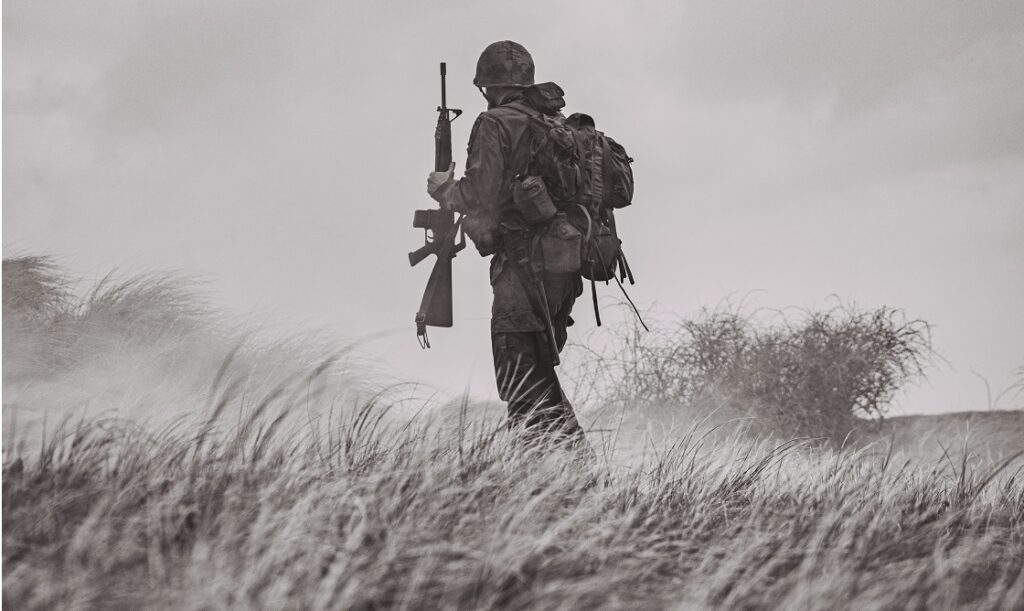
Comprehensive Guide to Level III+ Body Armor: Testing and Certification Explained
As a member of the military or law enforcement, choosing the right body armor is crucial for your protection on the field. Level III+ body armor has become popular due to its higher level of protection, but how do you know if it’s effective? In this blog, we’ll discuss all of the details about level iii+ body armor testing and certification to help you make an informed decision.
What is Level III+ Body Armor?
Level III+ body armor is designed to stop more powerful calibers of ammunition than its Level III counterparts. With Level III+, you get greater multi-hit capabilities, meaning it can withstand multiple rounds without compromising the armor’s effectiveness. It is most commonly used by military and law enforcement personnel, as it can protect against most rifle threats. However, not all level III+ body armor is created equal, and this is where testing and certification come in.
Testing and Certification for Level III+ Body Armor
There are several testing and certification methodologies for level III+ body armor, including NIJ 0101.06, ATF 2018 8701.06, and DEA/FSK-STD-01.01. Each methodology has its testing requirements, such as rounds-per-plate and impact velocities. It’s important to note that all of these certifications are voluntary, and it’s up to the manufacturer to decide whether they want to go through the certification process. However, if a manufacturer claims their armor is NIJ certified, they must be able to provide proof.
NIJ Certification
The National Institute of Justice (NIJ) is the most widely recognized body armor testing certification in the US. Certification is voluntary and requires the manufacturer to submit the armor for testing against specific rounds and velocities. Level III+ body armor must be able to withstand six shots per plate without penetrating. The NIJ certification process also includes quality control checks and traceability to ensure consistent production of the armor.
ATF and DEA/FSK Certifications
The Bureau of Alcohol, Tobacco, Firearms, and Explosives (ATF) 2018 8701.06 and the Drug Enforcement Administration’s (DEA) FSK-STD-01.01 both have their testing requirements for level III+ body armor. They offer a more stringent certification process, including additional testing with fragment-simulating projectiles (FSPs) to ensure complete protection against shrapnel and other ballistic threats.
Level III+ body armor provides great protection, but it’s essential to ensure the armor is properly tested and certified. NIJ, ATF, and DEA/FSK certifications are voluntary but essential in ensuring that the armor can withstand multiple hits from powerful rounds. When purchasing level III+ body armor, always research the manufacturer and ask about testing and certification. Never take shortcuts when it comes to your safety.
For more great articles, please click here.